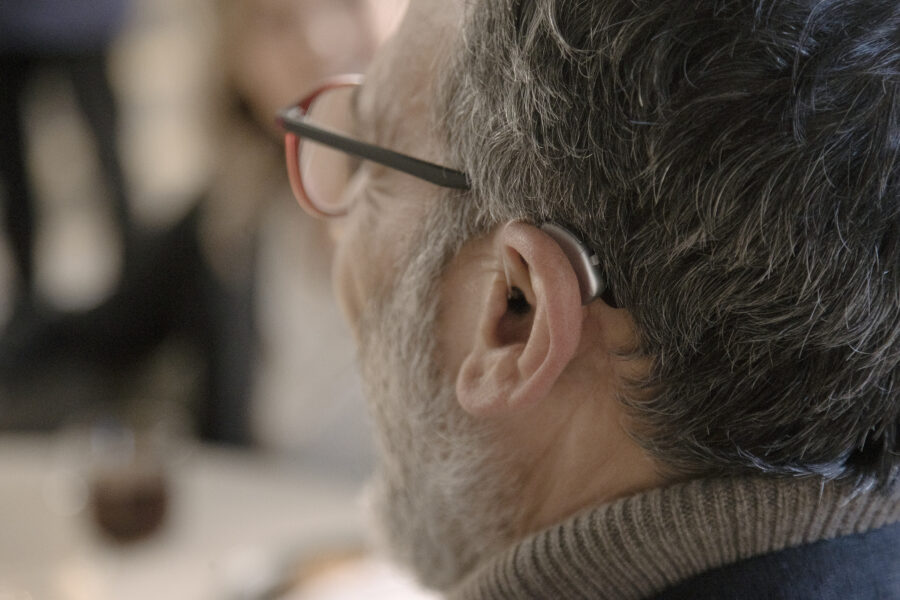Blog post
Sensorineural Hearing Loss
Sensorineural hearing loss is permanent and is due to the sensitive hair cells inside the cochlea (where pressure impulses are transferred to electrical impulses that travel to the brain) or the auditory nerve (a bundle of nerve fibres carrying hearing information between the cochlea and the brain) being damaged.
This can happen naturally through ageing, or can have a specific cause such as prolonged exposure to loud noise. Once the hair cells within the cochlea have been damaged they can’t be regenerated. Sensorineural hearing loss caused by ageing usually develops gradually over several years and tends to affect both ears.
Symptoms of Sensorineural hearing loss
You may have noticed that high-pitched sounds - such as the phone ringing - are becoming harder to hear, or that you’re having difficulty hearing people speak clearly. As hearing can deteriorate gradually, it may not be easy for you to recognise that you aren’t hearing so well.
Other symptoms include:
- Muffled hearing
- Difficulty understanding speech
- Sudden or steady loss of hearing
- Full or “stuffy” sensation in the ear
- Ringing in the ear
- Dizziness
How to treat Sensorineural hearing loss
Irreversible sensorineural hearing loss, the most common form of hearing loss, may be managed with hearing aids.


